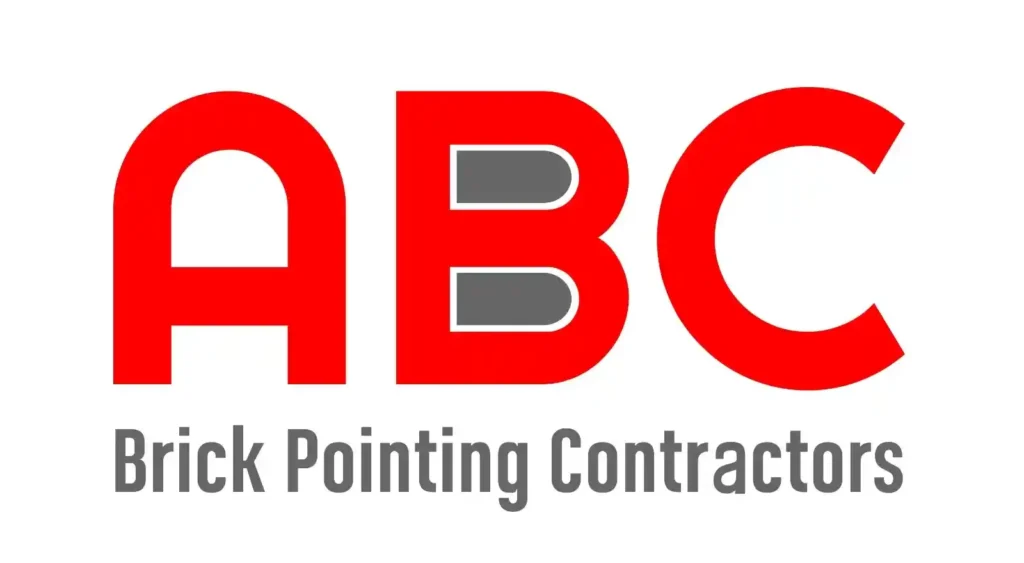Repointing is the process of refilling the outer parts of the brickwork joints where the mortar has weathered away. The exterior brick joints are refilled with mortar and then excess mortar is removed using a grooving tool. This imparts a unique look to the exterior of the wall that greatly enhances the aesthetic appeal and structural strength of the wall. Additionally, the newly applied mortar layers act as a barrier to moisture infiltration, preventing your building from dampness and all other moisture related issues.
Repointing, although often overlooked, is an important part of home renovation or maintenance. If you are also renovating your home and considering having repointing work too then understanding the cost factors is vital. Let’s break down the various factors that influence repointing costs and what can you expect.
Understanding the Cost Factor
Let’s discuss all the major factors that influence the cost of repointing work
1. Size of the Area
First and foremost, the total cost of repointing work is directly proportional to the size of the wall. Walls with large areas will naturally require more material and labor which leads to increased cost.
2. Condition of the Mortar
The condition of the current mortar layer also has a great impact on the repointing budget. If the current mortar layer is severely deteriorated, the removal process will involve more time and effort, increasing the total repointing budget. On the contrary, the cost will automatically be lowered if the current mortar layer is in good condition and requires only minor touch-ups.
3. Type of Mortar Used
The type of mortar used significantly impacts cost. Traditional buildings typically require lime-based mortar, which is pricier than the common cement-based option. Restoring historic details might even necessitate specialized mortars, further increasing the expense. It’s essential to discuss with your contractor the best type of mortar for your specific needs.
4. Scaffolding Needs
If you are working on elevated areas like chimneys or the upper floors of your home, you will need scaffolding or a mobile platform form to complete the work safely. Renting scaffolding adds to the total repointing budget.
5. Labor Rates
The cost of labor might vary significantly based on the workers’ experience levels and where you live. Labor rates are generally higher in locations where the cost of living is greater. Furthermore, highly qualified masons with a lot of repointing expertise could charge extra for their services. To guarantee a long-lasting and visually beautiful outcome, it is crucial to strike a balance between the cost and the caliber of the work.
Cost Estimates: A Ball Park Figure
Average Cost Per Square Foot
On Average, the expected repointing cost falls between $5 and $25 per square foot, but keep in mind this is just a starting point. The final price can be influenced by several factors, like how damaged the current mortar is and what type of mortar is used for the replacement. To get a more precise estimate tailored to your project, it’s best to connect with local contractors who can assess the specific conditions of your brickwork and provide accurate quotes.
Total Project Cost
Project cost rises with the total area. To estimate, multiply the area (e.g., 1,000 square feet) by the cost per square foot (which ranges from $5 to $25 as discussed earlier). This provides a starting point for budgeting. Remember, final costs can vary based on other factors, so consulting local contractors for quotes remains crucial.
Beyond the Basics: Additional Considerations
Project Complexity
If your project involves simple walls with a nominal height, the cost will be near the lower end of the range described above. However, complex tasks like tuckpointing at elevated areas or adding intricate designs can add to the total cost of the project.
Waste Disposal
Often overlooked, waste disposal can add to your overall project costs. Removing old mortar and debris from the site needs proper disposal, which might involve renting a dumpster or hiring a waste removal service. Be sure to discuss waste disposal plans and costs with your contractor to avoid any surprises.
Getting the Best Value
Get Multiple Quotes
Make sure that you’re receiving the best deal possible by getting quotations from several contractors. This can help you a great deal in making an informed choice by providing you with a better grasp of the going rates in your area. Even though it could be tempting to choose the lowest quotation, take the contractor’s experience and reputation into account as well.
Ask About Experience
When it comes to repointing projects, experience counts. Masons with more experience are more likely to produce high-quality work that looks better and lasts longer. Never be afraid to question prospective contractors about their prior work, expertise, and any applicable credentials. Examining their client testimonials and portfolios might also yield insightful information.
Understand the Warranty
Don’t skip the warranty! A strong warranty offers peace of mind, guaranteeing repairs for any future repointing problems at no extra charge. Get the warranty details in writing to understand what’s covered and for how long.
